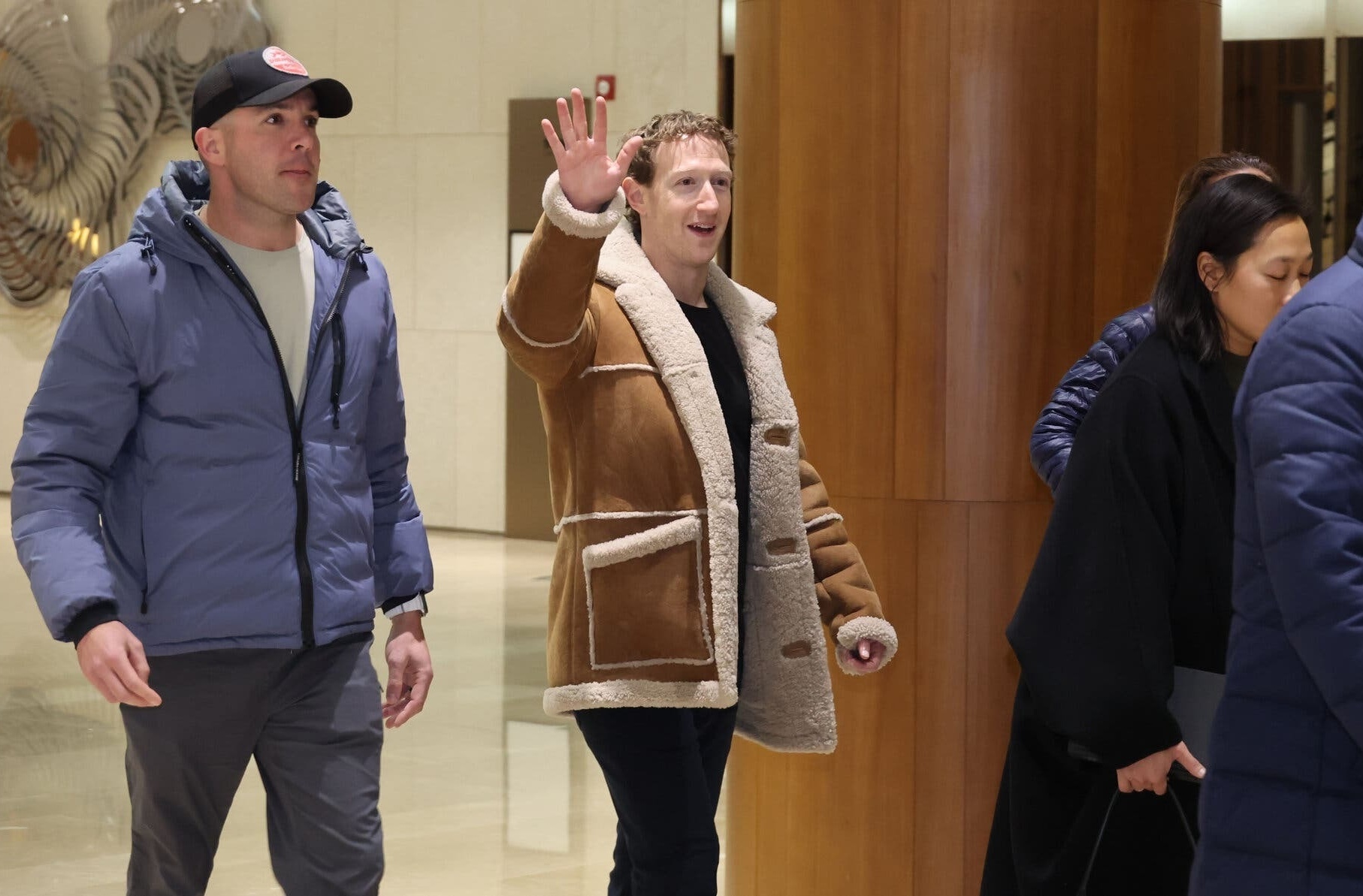
At a conference held by Meta in April, CEO Mark Zuckerberg admitted that the company's AI model performed worse than its competitors. Expected features like voice interaction were not ready, leaving many programmers disappointed.
Zuckerberg knew, and refused to accept, that Meta was lagging behind in AI. On WhatsApp, he created a group with executives including Chief Product Officer Chris Cox and Chief Technology Officer Andrew Bosworth to discuss what needed to be done.
Since then, Meta has shaken Silicon Valley with a series of drastic moves. Its vice president of generative AI was demoted, Zuckerberg invested more than $14 billion in startup Scale AI, and recruited 28-year-old founder Alexandr Wang. Meta has also approached several startups, including Perplexity AI, about potential deals.
The fierce competition
Following Zuckerberg’s announcement, Meta launched a massive recruitment drive, reaching out to more than 45 researchers at OpenAI. Some received formal offers worth up to $100 million . At least four accepted to join Meta.
Meta’s AI leadership also surprised with the decision to reduce its investment in Llama, an open-source AI model developed by the company itself, shared publicly for community contributions. However, the company is considering the possibility of adopting a closed-source model similar to OpenAI and Anthropic.
Responding to the New York Times , a Meta spokesperson emphasized that the company “remains fully committed to developing Llama, with plans to launch many upgrades this year.”
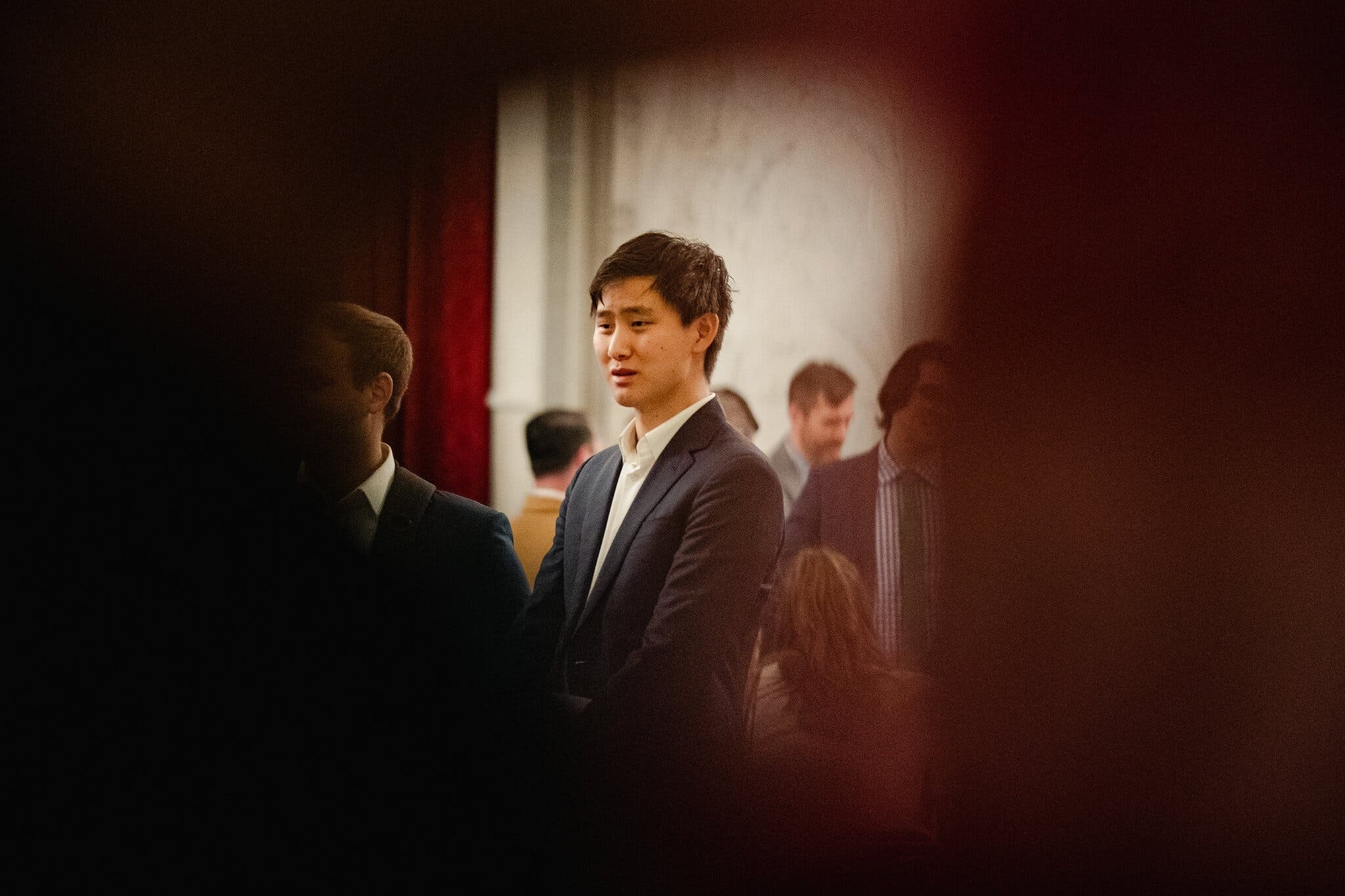 |
Alexandr Wang, founder of Scale AI, has just joined Meta. Photo: New York Times . |
To stay competitive, Zuckerberg is pursuing a grand ambition called “superintelligence,” which involves AI more powerful than the human brain. Currently, only a few companies like OpenAI, Anthropic, and Google have the know-how to develop the technology, Zuckerberg wants Meta to be on the list.
“He’s like a lot of CEOs at big tech companies who think AI is the biggest thing ever, and they’ll be left behind if they don’t grow in the space,” said Matt Murphy, a partner at venture capital firm Menlo Ventures.
Big corporate leaders are also taking their faith in the future to extremes. Google, Microsoft, and Amazon are investing tens of billions of dollars in AI to compete with each other. The war for talent has exploded, making AI experts sought after like stars.
Google CEO Sundar Pichai and Microsoft CEO Satya Nadella are both directly involved in the hiring process, and some companies are willing to pay millions of dollars to hire researchers without an interview.
“The price that the market is paying for talent at this level is truly incredible, unprecedented in my 20-year career as a CTO,” Demis Hassabis, head of Google DeepMind, told CNBC .
What frustrates Zuckerberg
Meta has been at the forefront of AI for years. More than a decade ago, Zuckerberg recruited Yann LeCun, who is considered the “father” of modern AI, when he co-founded FAIR (Fundamental AI Research).
After OpenAI launched ChatGPT in 2022, Meta immediately formed a generative AI team to integrate it across the entire product. The company also open-sourced its Llama model, but quickly ran out of steam when OpenAI and Google announced chatbots that could hear, see, and speak, along with reasoning AI models.
Sources close to the matter said the reason for the lag was due to Meta's lack of experience in the "reinforcement learning" technique used to build AI.
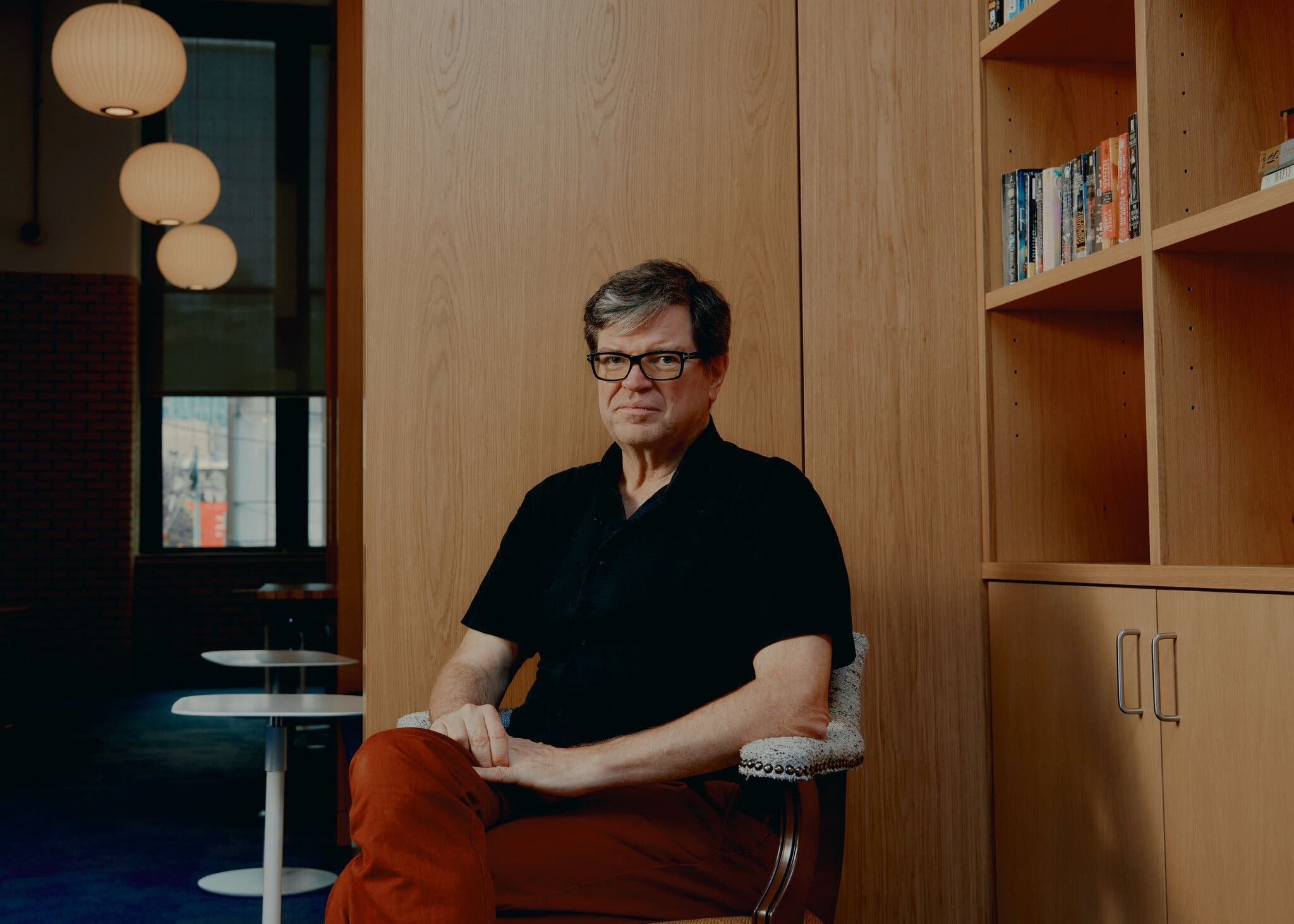 |
Yann LeCun is considered one of the pioneers of modern AI. Photo: New York Times . |
In late 2024, Chinese startup DeepSeek announced an AI model based on Llama, but more advanced and less resource-intensive. Once seen as a competitive advantage, Meta’s open-source strategy appears to have backfired.
Around that time, outside AI researchers received emails from Zuckerberg, asking them to work for Meta. By April, Meta had released two new versions of Llama, claiming to outperform OpenAI and Google. However, some researchers claimed that the benchmarking method intentionally made Meta’s model more effective.
Zuckerberg discovered that the AI team at Meta wanted the model to “look good” even though it didn’t. The Meta CEO was reportedly “disappointed” that he wasn’t informed about this.
Difficulties at Meta
Meta's solution is to increase its staff. Compared to a few hundred people in 2023, the AI department at Meta has grown to more than 1,000 people this year.
However, rapid growth led to infighting and conflict within management. Some engineers left, while the leadership had to sit down to discuss the next steps, including the possibility of reducing investment in Llama.
By May, Meta was ramping up its recruitment of AI researchers for its superintelligence lab. Money was no object, and Zuckerberg continued to email candidates inviting them to interview in person at Meta’s California headquarters. Meetings with the Meta CEO often took place in a glass-enclosed conference room, known as the “fishbowl.”
According to the New York Times , Meta also negotiated to buy the startup Perplexity but did not reach an agreement. Zuckerberg also met with Ilya Sutskever, a scientist who worked at OpenAI, about the possibility of joining Meta. However, he declined the invitation.
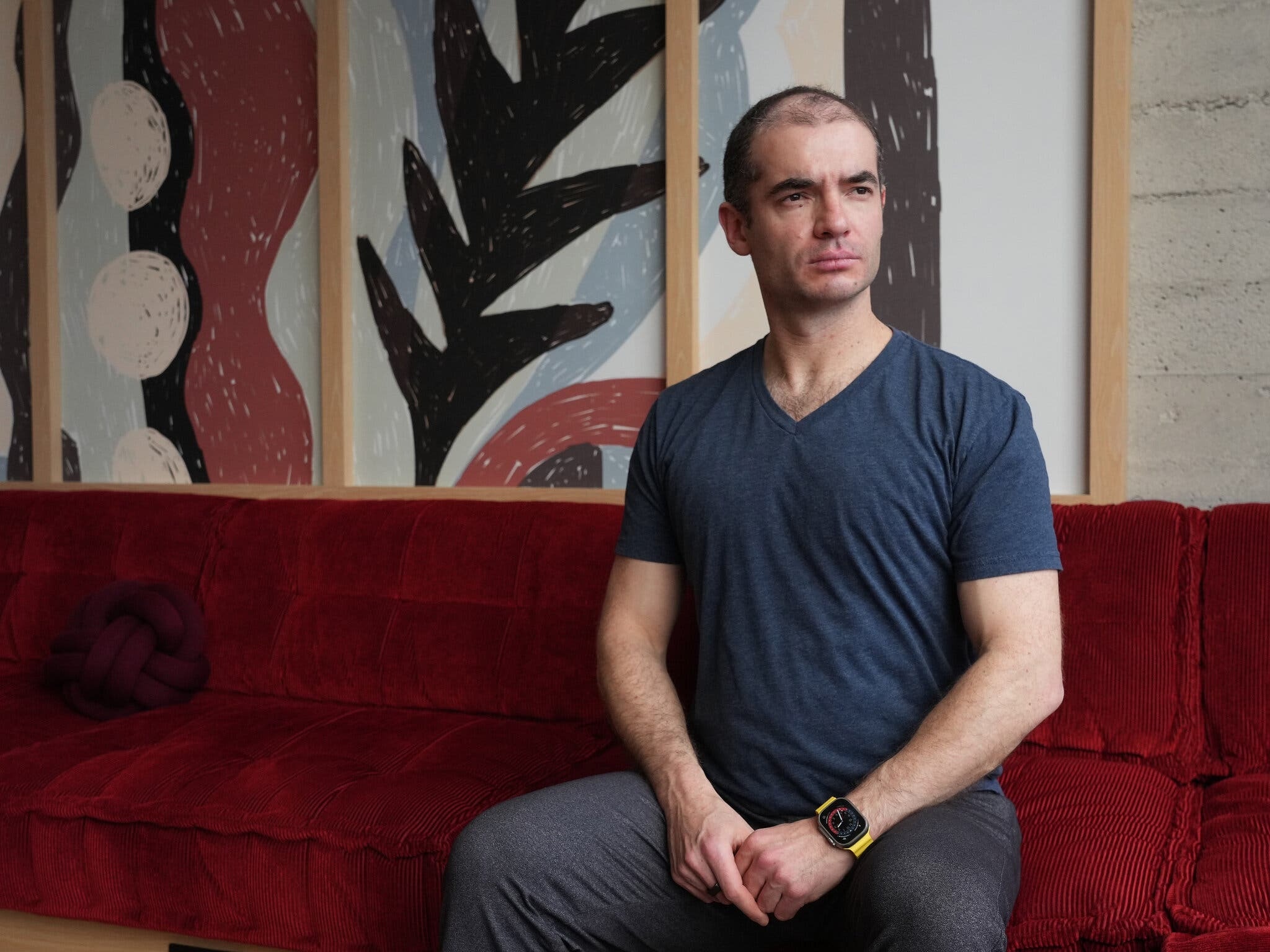 |
Meta once approached Ilya Sutskever, who served as chief scientist at OpenAI. Photo: New York Times . |
One of the people Zuckerberg successfully convinced was Wang, founder of Scale AI, a company that specializes in using data to train AI. The two were introduced by friends and connected through Elliot Schrage, an investor in Scale and a former employee at Meta.
Meta announced it was taking a minority stake in Scale AI and recruiting Wang and several executives for its superintelligence research unit. The company is also in talks with Daniel Gross, CEO of Safe Superintelligence, and investment partner Nat Friedman.
Despite its hiring spree, Meta still has work to do. Some researchers say Zuckerberg hasn’t articulated a clear AI mission beyond optimizing digital advertising. Others argue that Meta isn’t suited to building superintelligence.
Regardless of whether Meta succeeds or not, insiders stress the game for researcher and tech talent has completely changed.
“In Silicon Valley, you hear a lot about 10x engineers. Think of AI researchers as 1,000x engineers. If hiring just one person can change the trajectory of the entire company, it’s still worth it,” said Amjad Masad, CEO of startup Replit AI.
Source: https://znews.vn/cuoc-choi-lon-cua-mark-zuckerberg-post1556369.html


![[Photo] General Secretary To Lam attends the 18th Hanoi Party Congress, term 2025-2030](https://vphoto.vietnam.vn/thumb/1200x675/vietnam/resource/IMAGE/2025/10/16/1760581023342_cover-0367-jpg.webp)




![[Photo] Nhan Dan Newspaper launches “Fatherland in the Heart: The Concert Film”](https://vphoto.vietnam.vn/thumb/1200x675/vietnam/resource/IMAGE/2025/10/16/1760622132545_thiet-ke-chua-co-ten-36-png.webp)

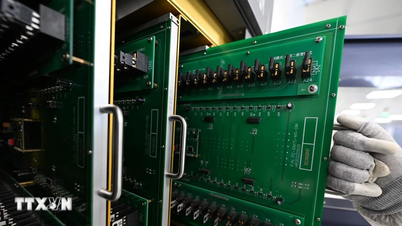



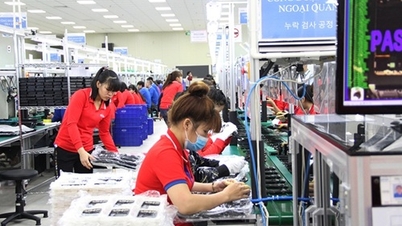

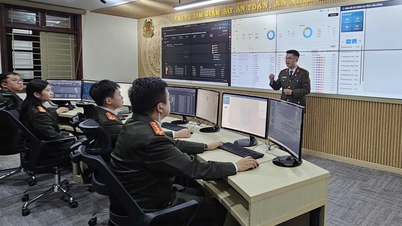







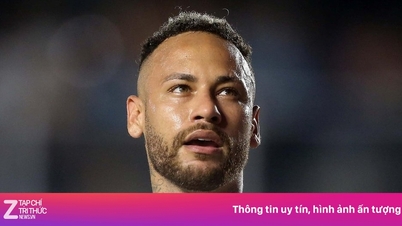

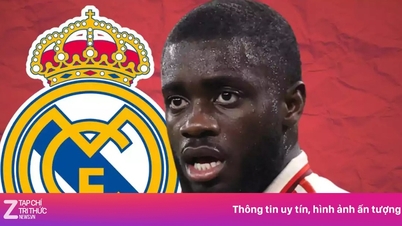
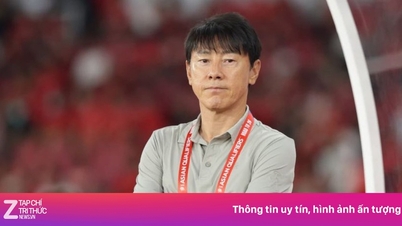







![[Video] TripAdvisor honors many famous attractions of Ninh Binh](https://vphoto.vietnam.vn/thumb/402x226/vietnam/resource/IMAGE/2025/10/16/1760574721908_vinh-danh-ninh-binh-7368-jpg.webp)





























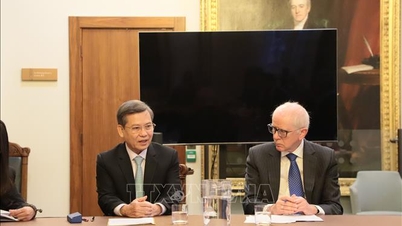
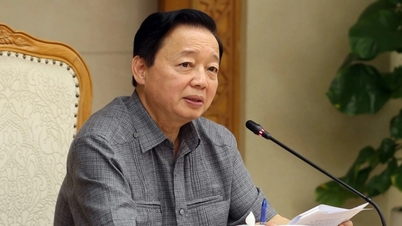



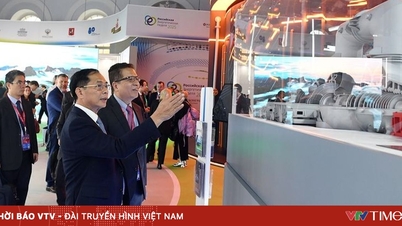

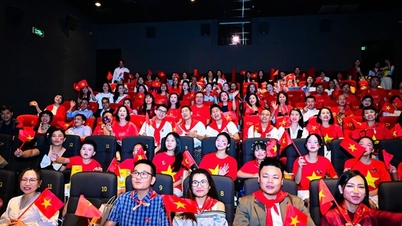


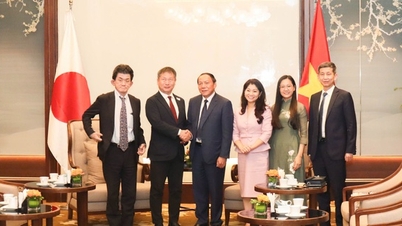

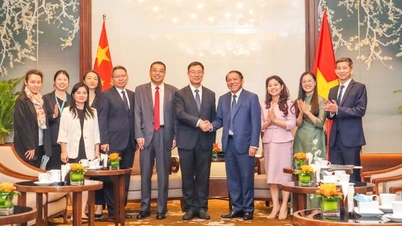
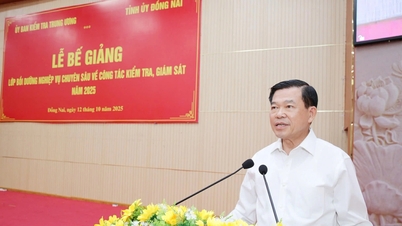






















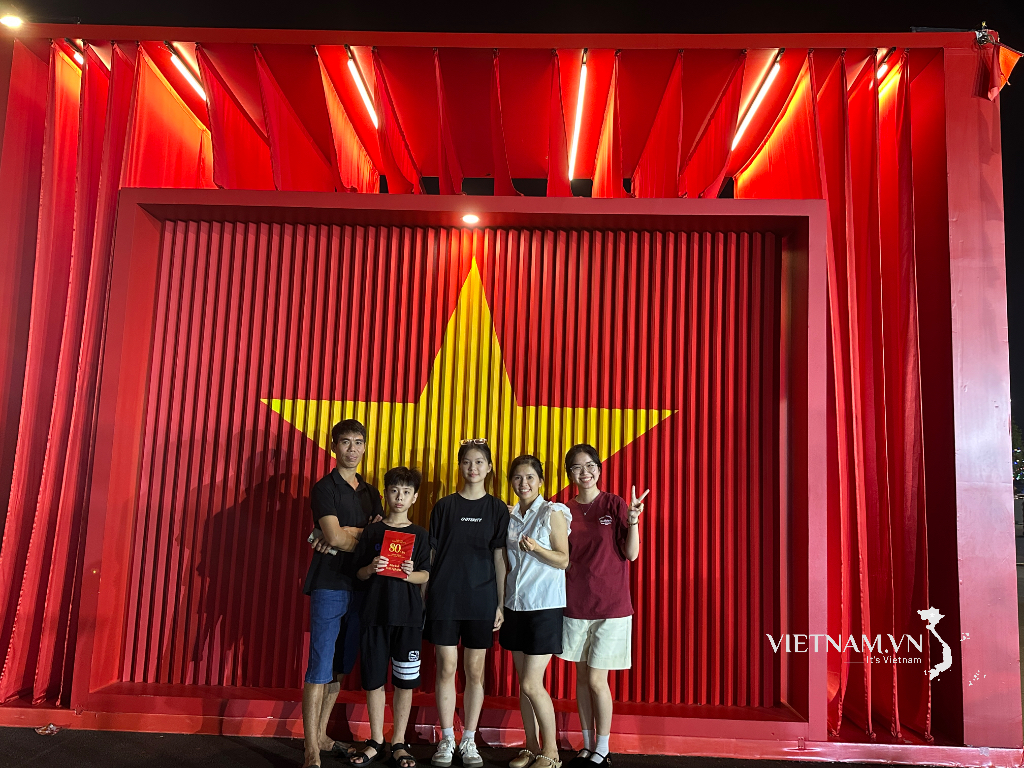



Comment (0)